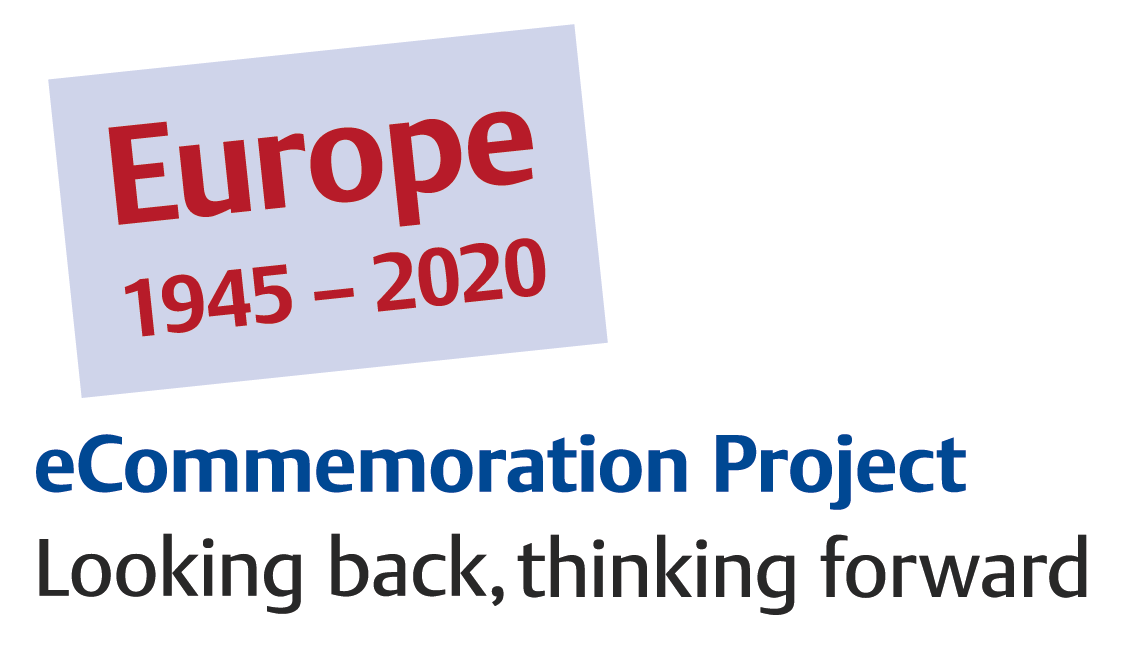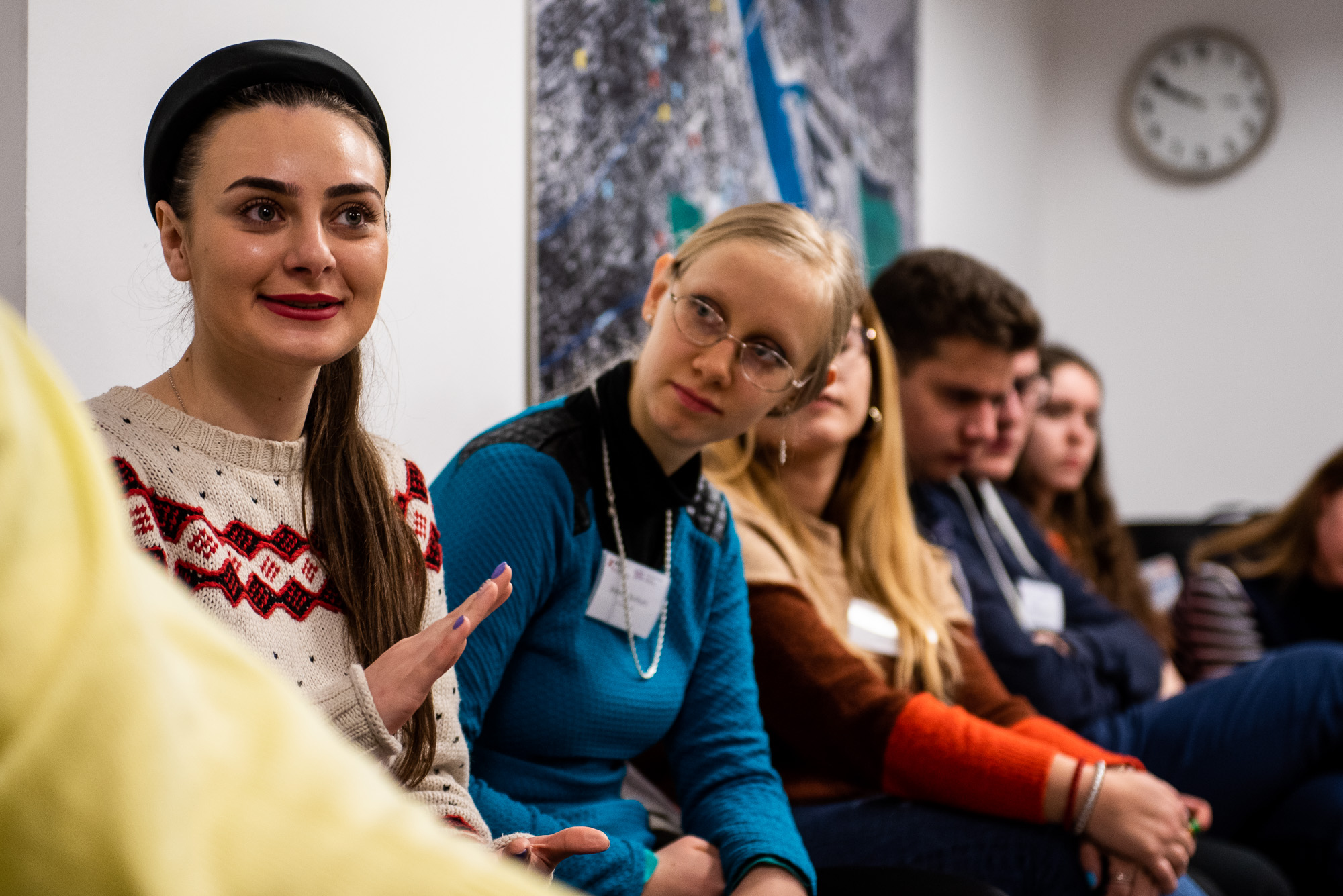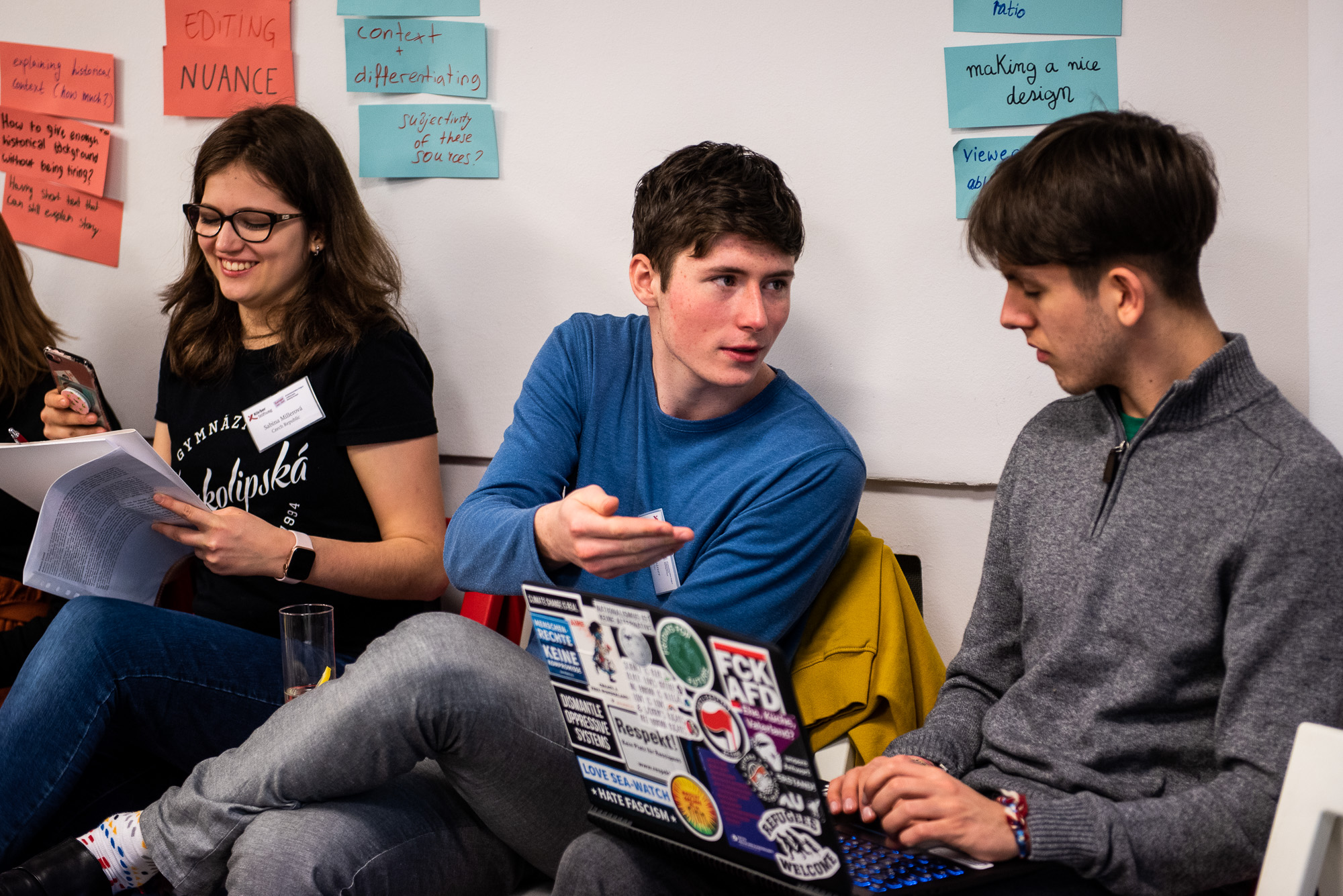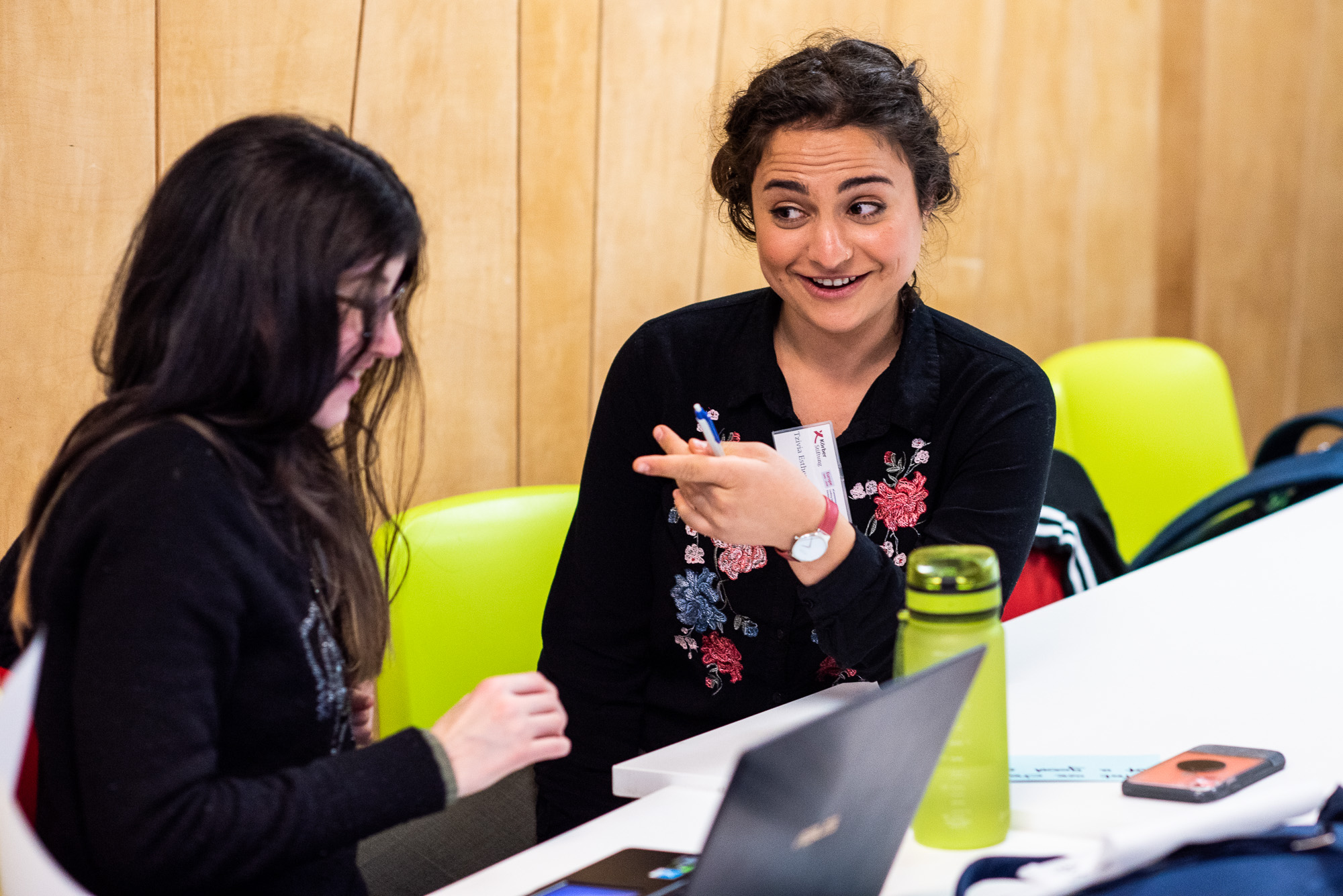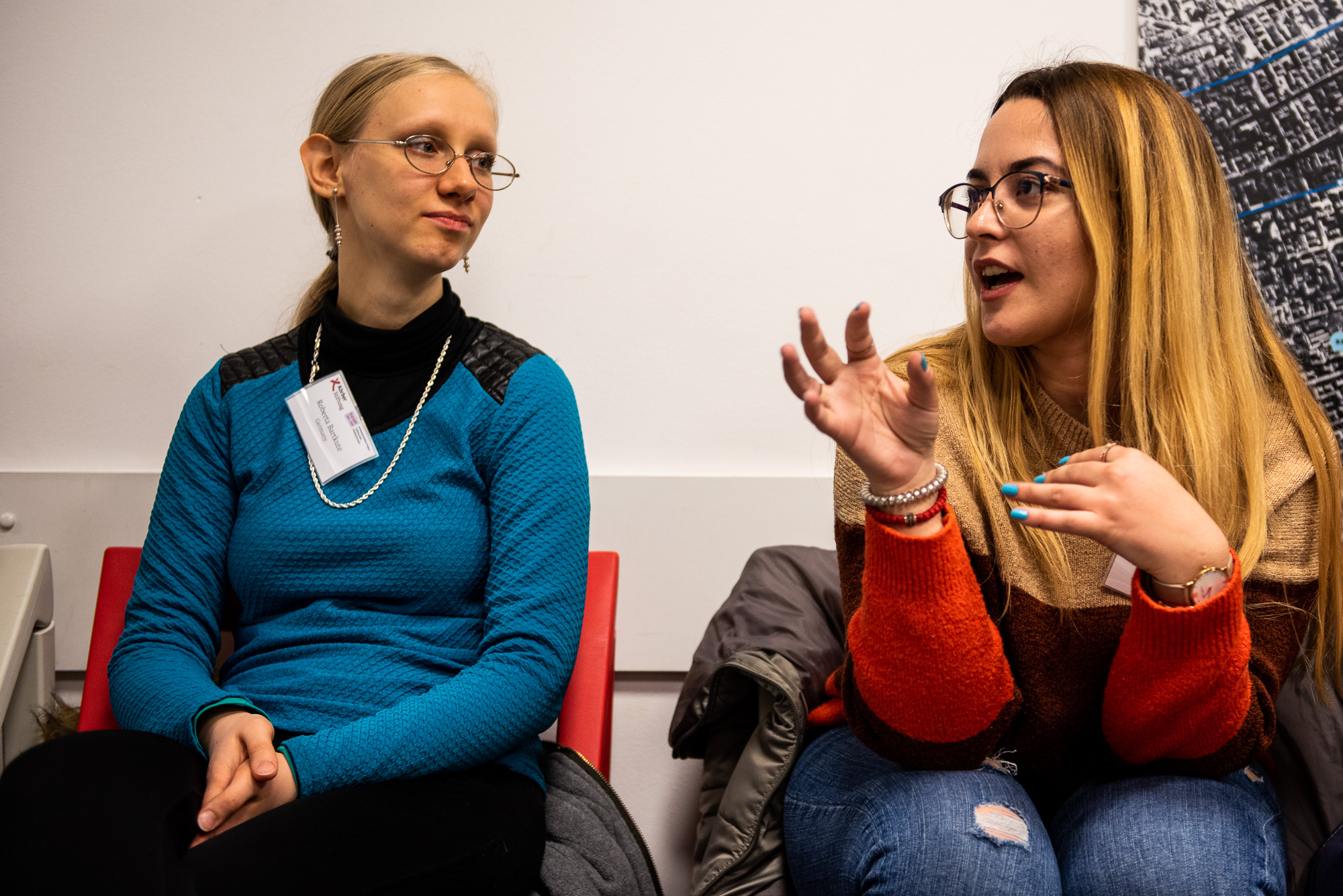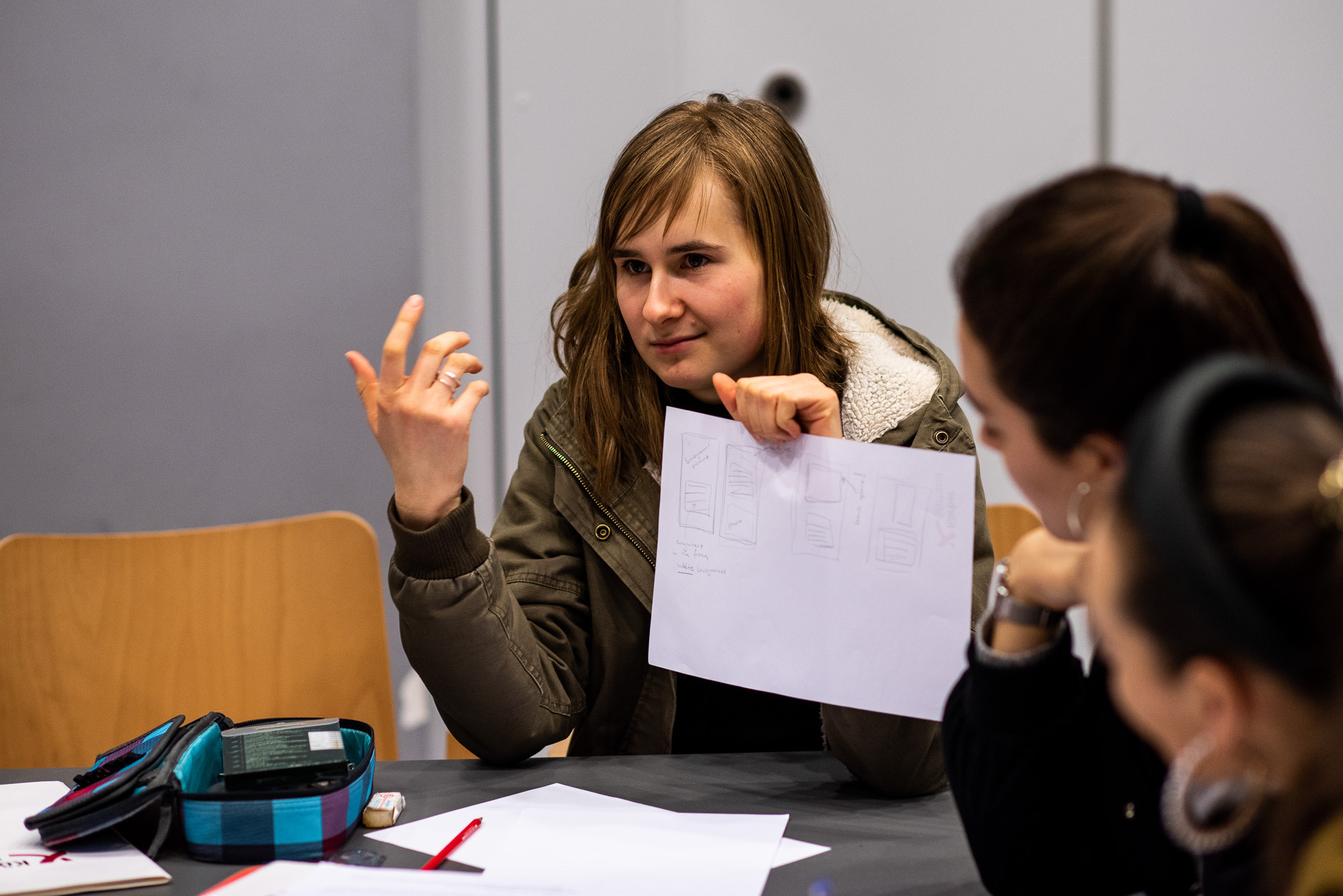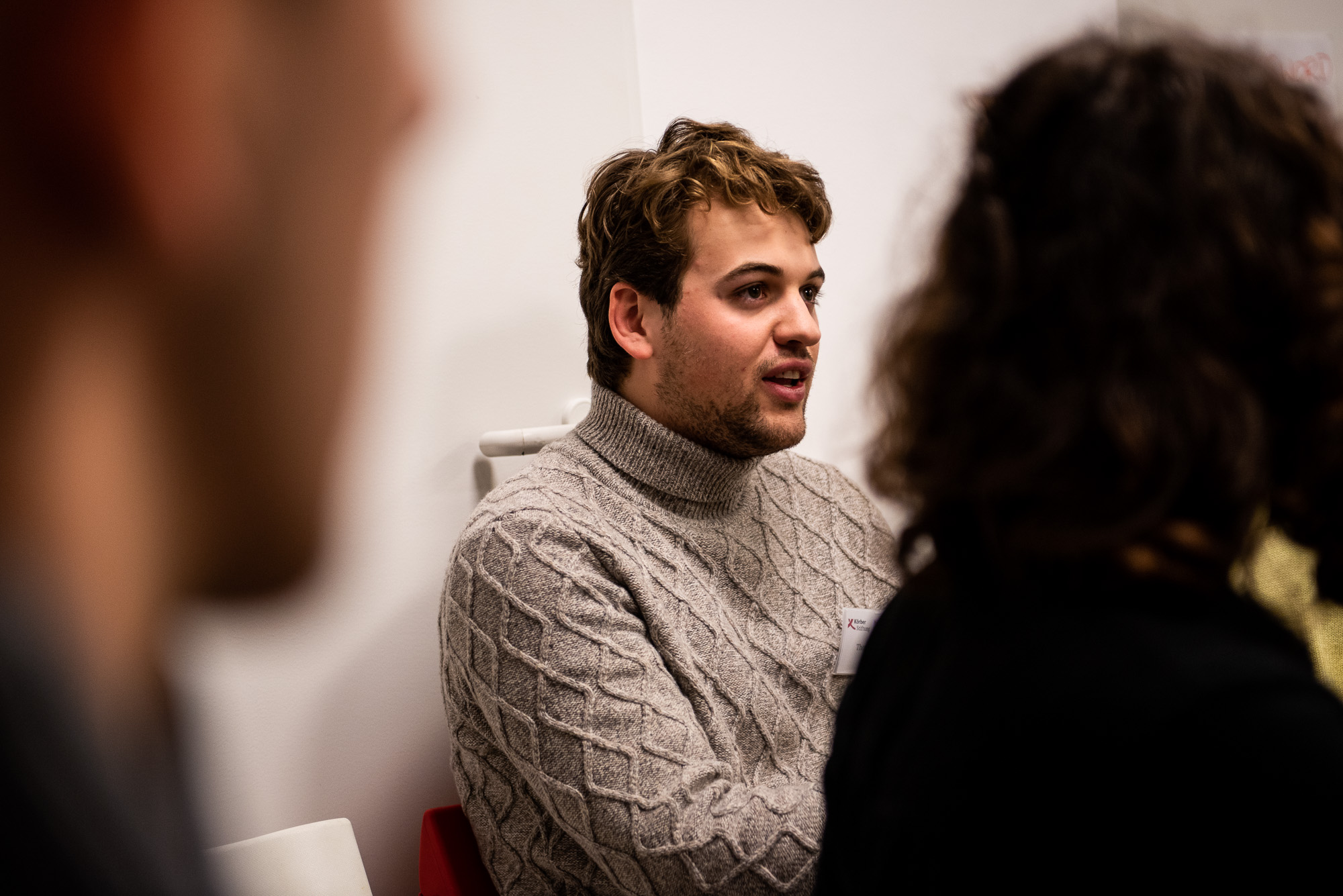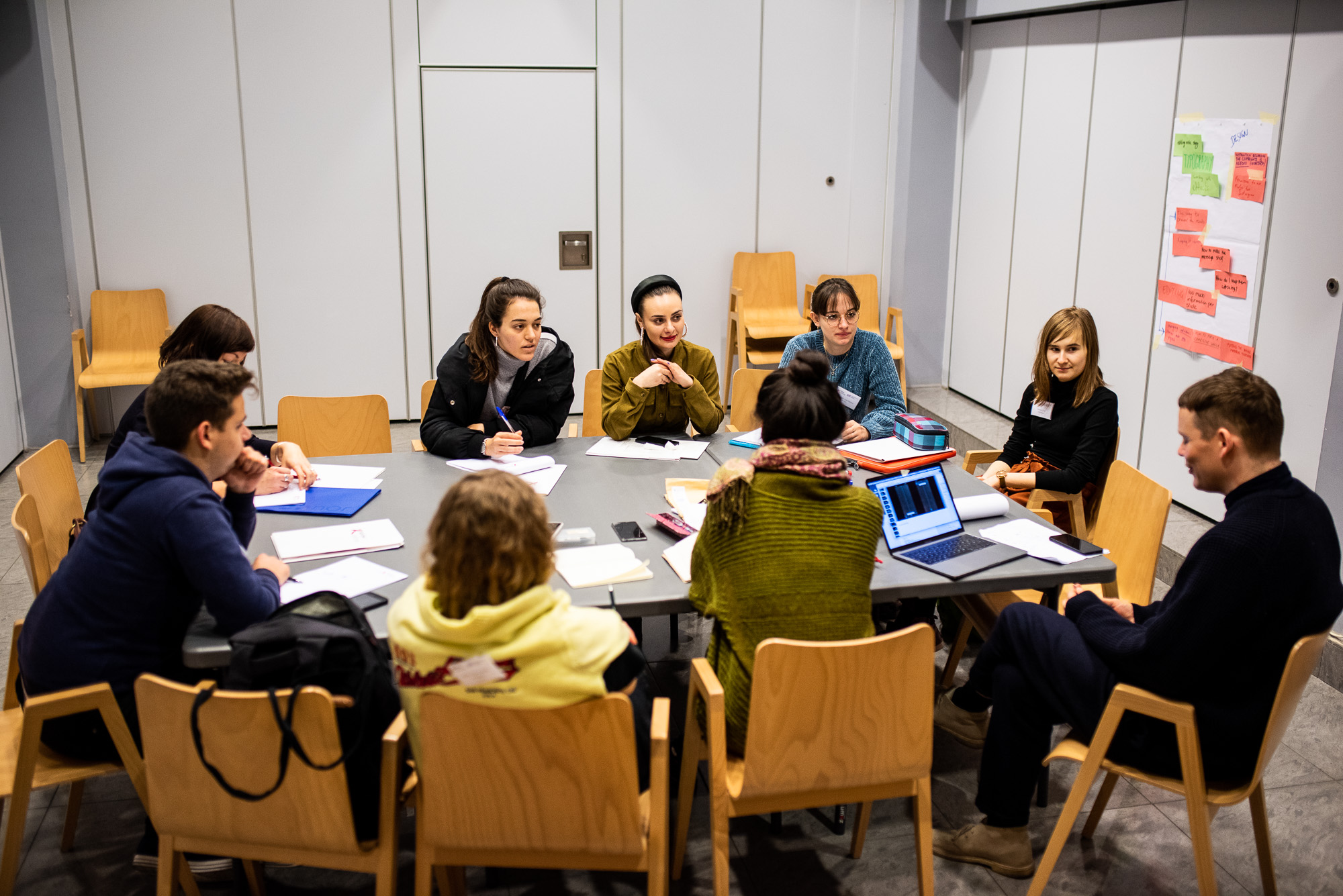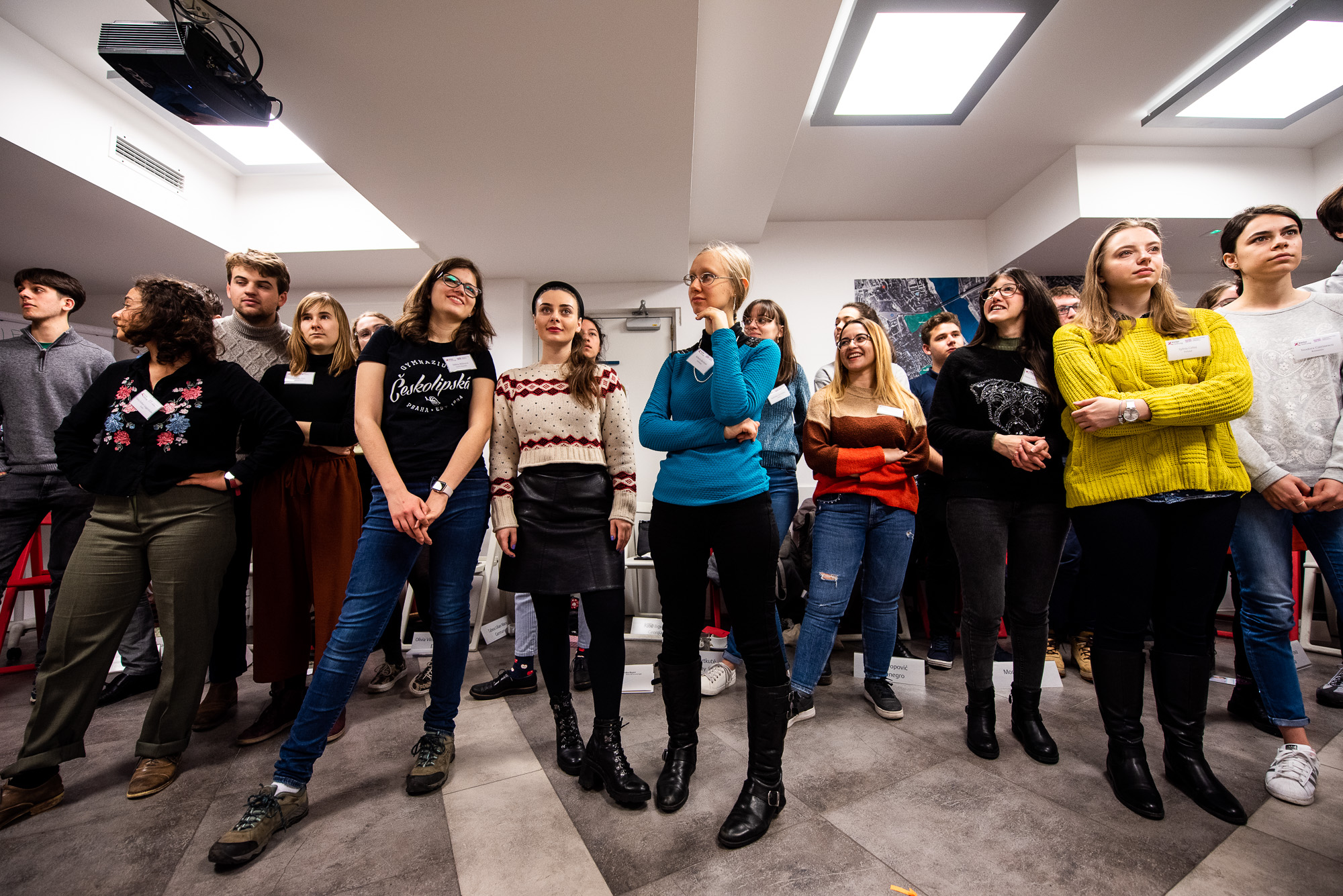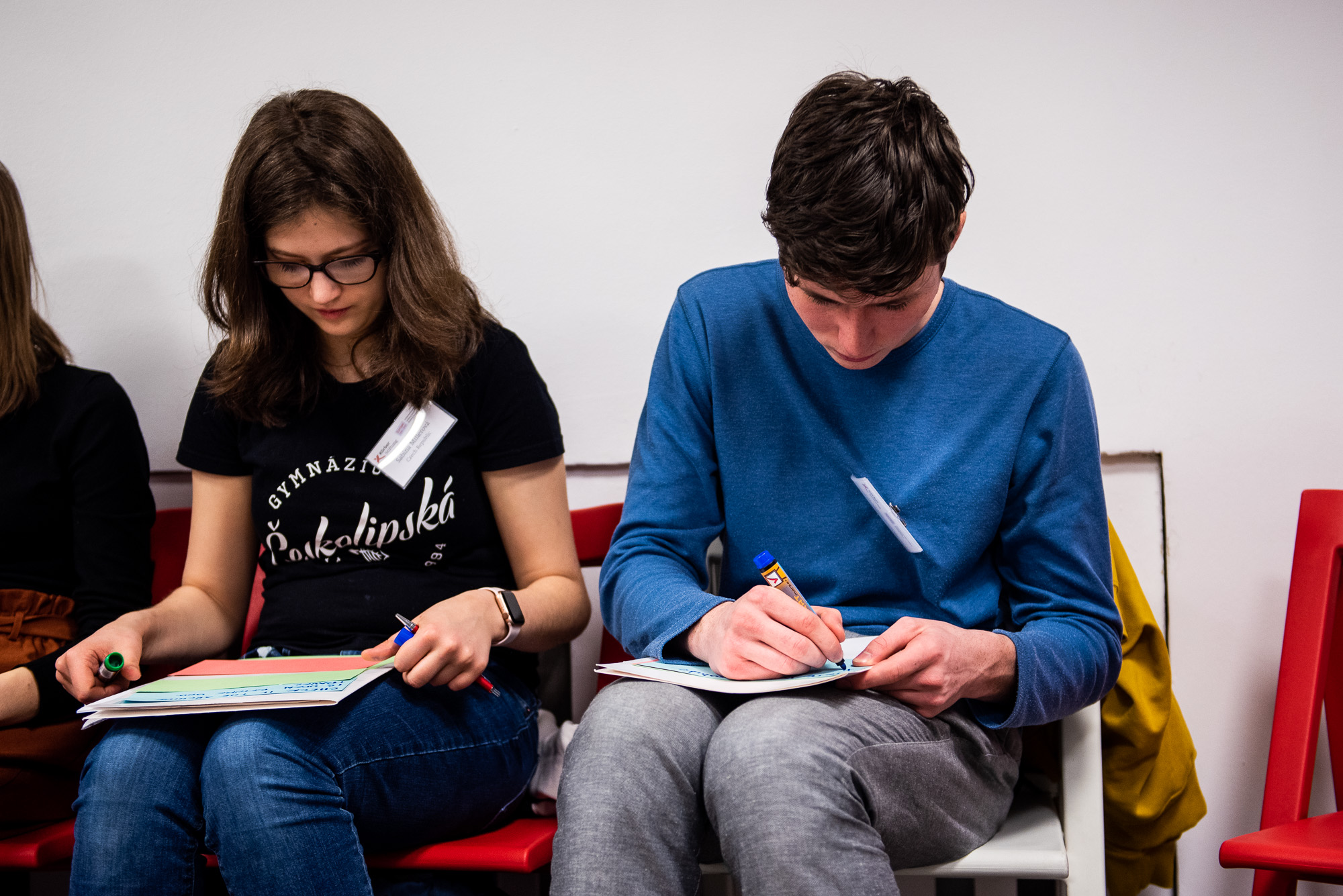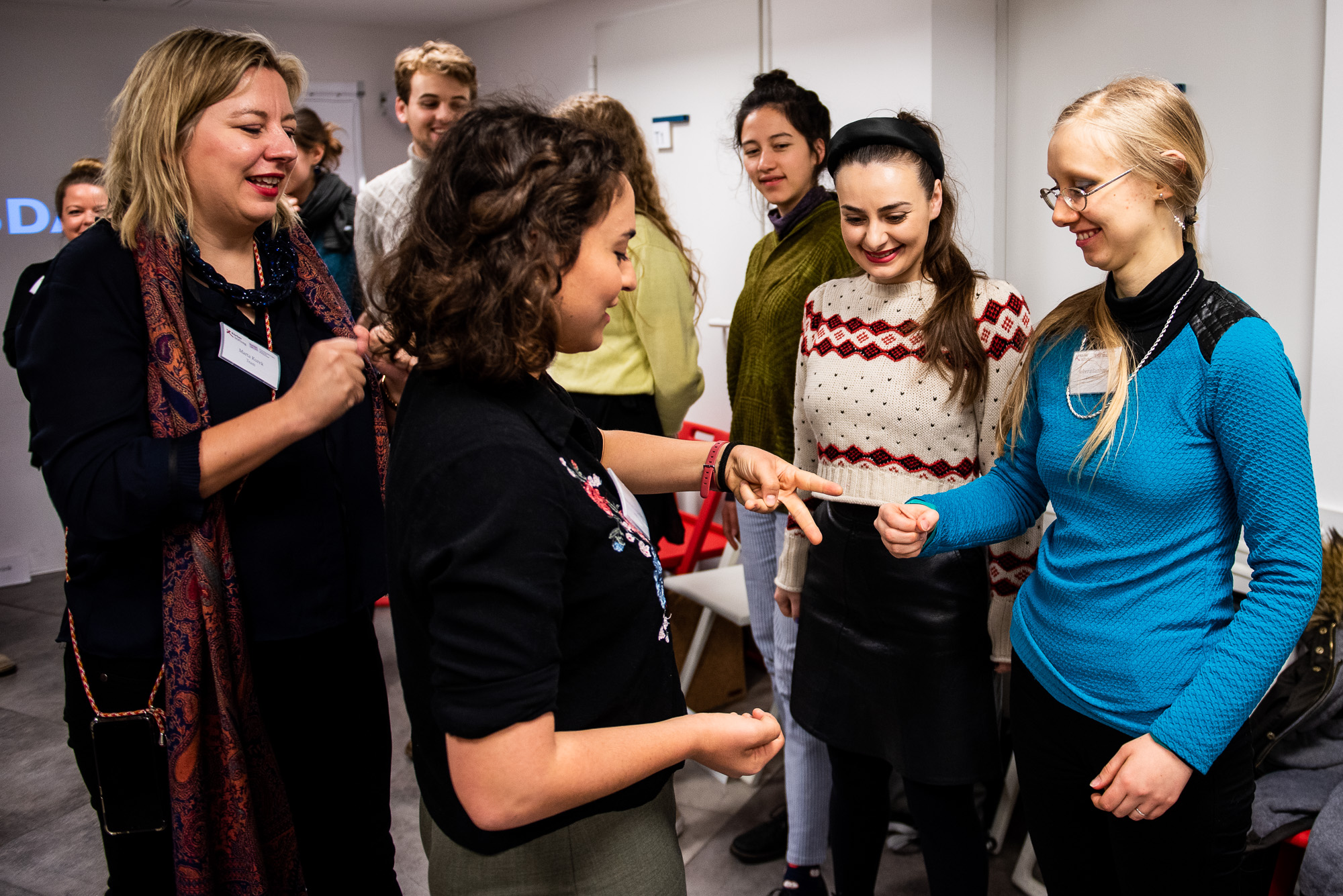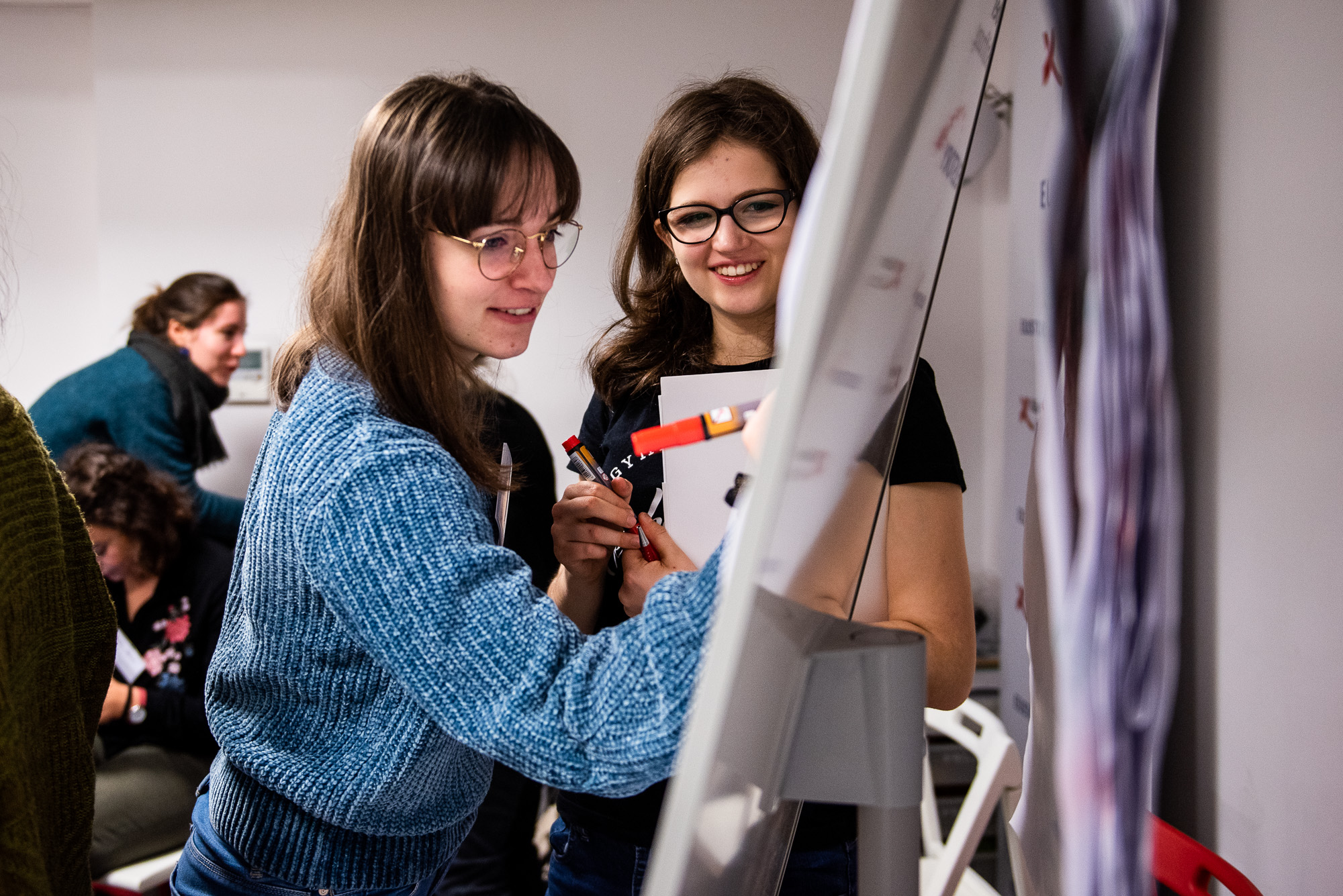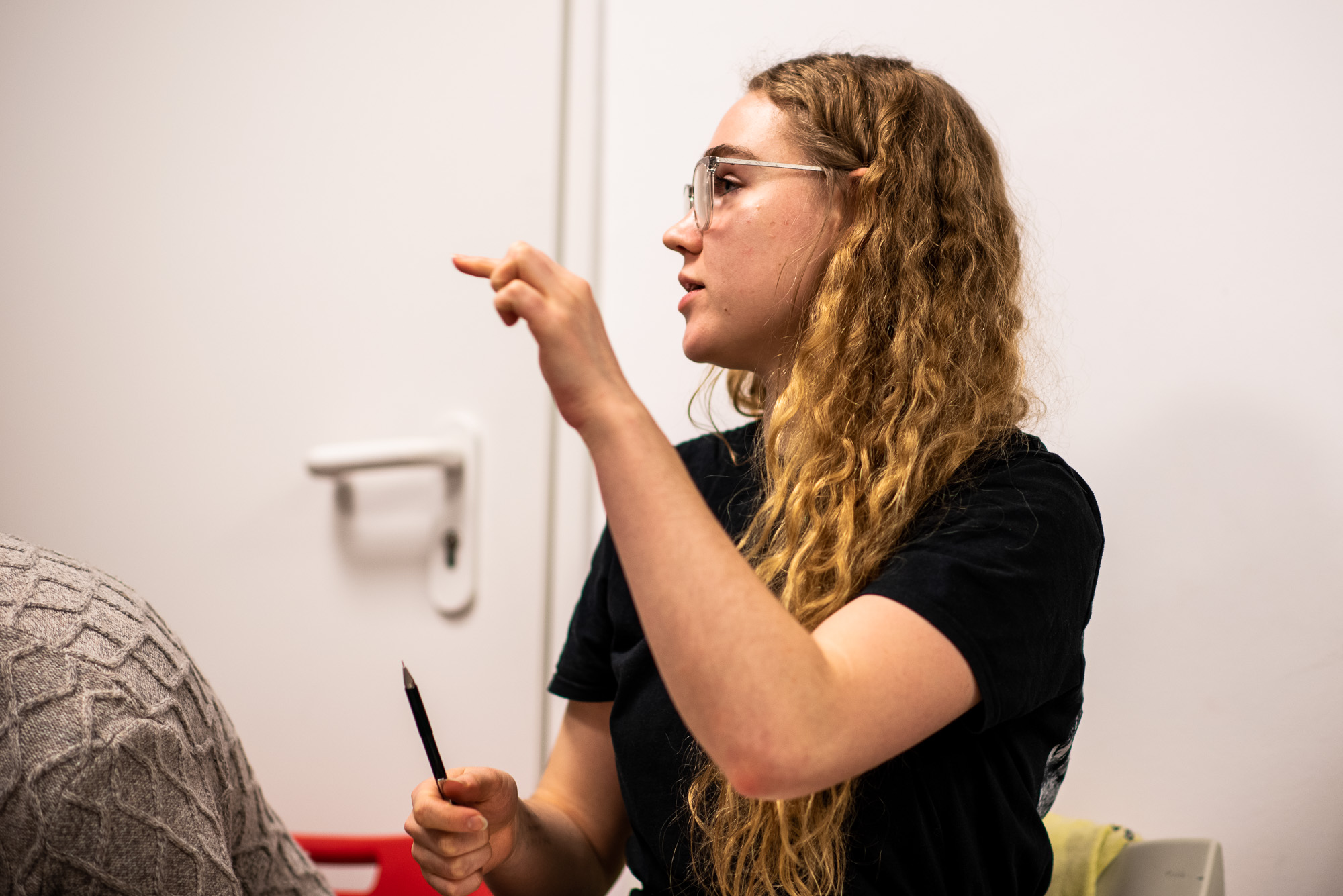Silent Stories of 1945
How is the history of the Second World War related to our lives today? And how do we want to commemorate the war and its end in the future? Since November 2019, 23 young people from 17 countries have been renegotiating boundaries of commemoration and testing innovative approaches to the legacies of the Second World War. With their Instagram museum Silent Stories of 1945, they are making a creative contribution to a future-oriented, cross-border culture of remembrance of the war in the digital age. Until early May 2020, they will upload untold life stories from their families or communities and exchange ideas on the relevance of WWII today with young people from all over Europe and beyond.
Instagram Museum
@silentstories1945
The Project
1945 marked a turning point for many people in Europe and beyond and left its marks until today. In 2020, 75 years later, competing interpretations of the Second World War and its end still ignite political conflicts and public debates. Narrow national narratives often dominate the commemoration of the war and there are still a lot of stories that have not been told yet. From November 2019 to May 2020, Körber-Stiftung and EUSTORY are conducting the digital youth project »Europe 1945-2020: Looking back, thinking forward« for alumni of EUSTORY history competitions and partner organisations. Guided by a team of historical and political educators and a multimedia journalist, the participants reflected on the legacies of 1945 – online in a closed virtual classroom on the EUSTORY History Campus platform and offline in a week-long workshop at the History Meeting House in Warsaw in March 2020. They discussed what World War II means in different countries today, how it is officially commemorated and how experiences of ›ordinary people‹ relate to that. The students then researched life stories in their local communities or families that had remained silent until now because they do not fit into simple categories like ›perpetrators‹, ›bystanders‹ and ›victims‹ or represent conflicting experiences and interpretations of the War and its end. From 14 April 2020 on, the project results will be displayed in the Instagram museum Silent Stories of 1945 that will be presented and discussed in a virtual public event on 7 May 2020.
Participants
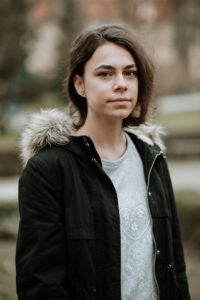
“Meeting witnesses of WWII whose voices had been silenced and sharing their stories across borders, is the most interesting aspect of this project.”
Teodora, Romania
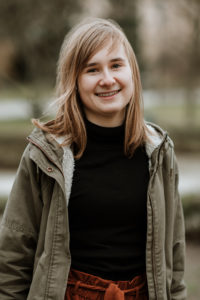
“I am fascinated by the transnational character of our project: People from many countries work together despite national, geographical or linguistic borders.”
Salome, Switzerland
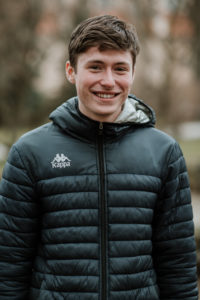
“It is surprising to see how big the different opinions
about one single event can be from country to country.”
Jan Vilém, The Czech Republic
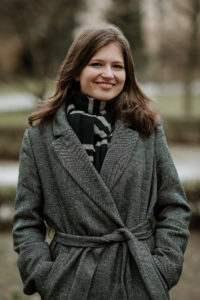
“History is never a simple narrative, but a collection of stories by people with different perspectives.”
Sabina, The Czech Republic
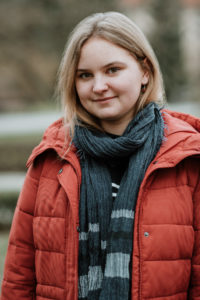
“History is like a puzzle. WWII left its own unique mark on each piece of land. Let’s take a look at the entire picture and not just one piece.”
Nadzeya, Belarus
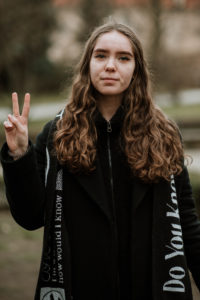
“It is important to hear different points of view from various countries. We must not be held hostage by one opinion, one ideology.”
Dasha, Russia
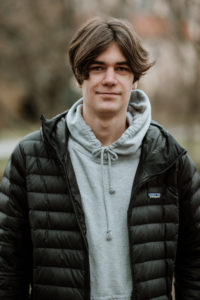
“Learning about choices people have made in the past can help us make better choices today. This will result in a better future.”
Alwin, Norway
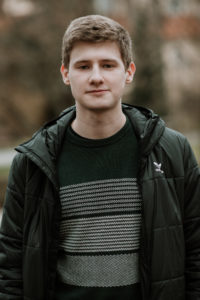
“I’m curious to see how my family’s and my countries’ history are linked to other countries‘ histories and to the legacy of the 20th century.”
Danil, Russia
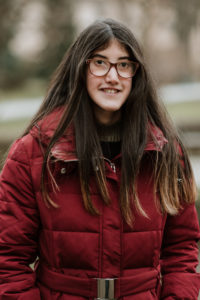
“Numbers and figures cannot alone tell history. Meeting eye witnesses and hearing their personal stories gives me goosebumps. And we now get to share these stories with you.”
Elena, Spain
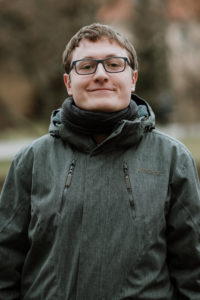
“Our national narratives are like social media bubbles – you need to get out of them to learn new things.” Phillip, Germany
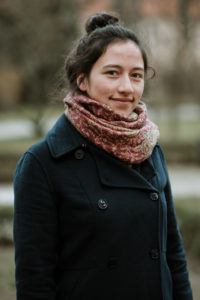
“Our fields of vision are small. In order to overcome these borders, to remember WWII as humans and not just as citizens of a single country, we have to open our minds to see other perspectives.”
Tabea, Germany
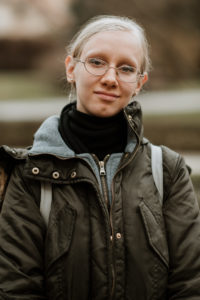
“We cannot change history. But some countries change the way they interpret history. We need multinational perspectives to avoid this.”
Roberta, Lithuania
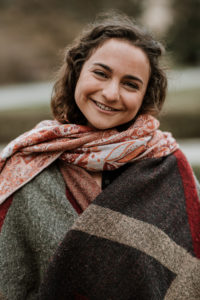
“Learning about the different national experiences in history is a great way to understand people and our differences.”
Tzivia, Israel
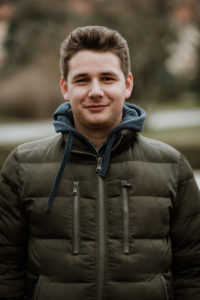
“Conflicts involve people on both sides. All of them experience their tragedies, whether they are the ‘winners’ or ‘loosers’ of history.”
Momchil, Bulgaria
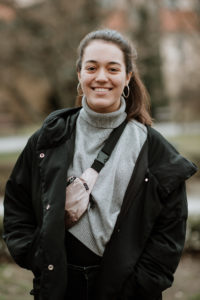
“There is no one single truth in history,
we have to meet people to find out more about their perspectives.”
Claudia, Spain
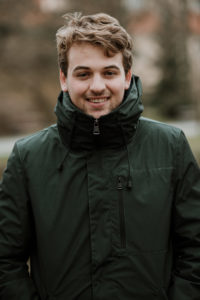
“The past is complex: My own ancestor did not play a simple role during WWII. He was not one of the ‘good guys’ but neither was he completely evil.”
Thomas, Belgium
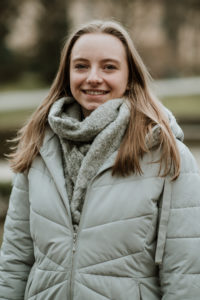
“I want to contribute to the future of commemoration. We need to preserve all these voices for the generations to come.”
Sylwia, Poland
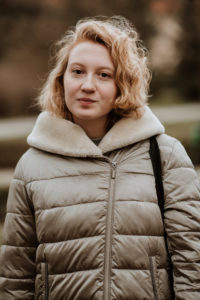
“I strongly believe that history should indicate us what to reflect, when to stop and what to do to stay human.”
Alina, Russia
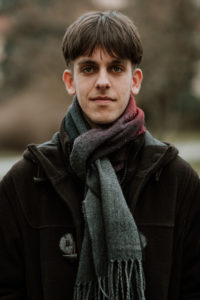
“Commemorating WWII is such a political and controversial topic today. We need to know each other’s perspectives of the past to develop a shared pacifistic outlook.”
Peter, Germany/Bulgaria
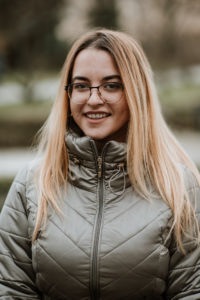
“I like being a part of such a diverse group. We can show the many facets of people’s experiences during WWII from many (national) perspectives.”
Biljana, Montenegro
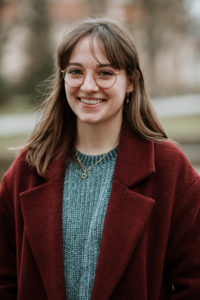
“Every single story is important to explain the history of WWII and every point of view shapes its remembrance and the relationships between people and countries today.”
Mathilde, France
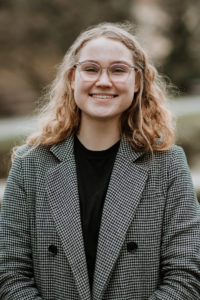
“I want to rethink how we look on history and how this can help to understand the present better.”
Olivia, Estonia

“We are accountable for our actions: We need to know more about other perspectives and we might even see things we didn’t know were true.”
Keso, Georgia
Workshops
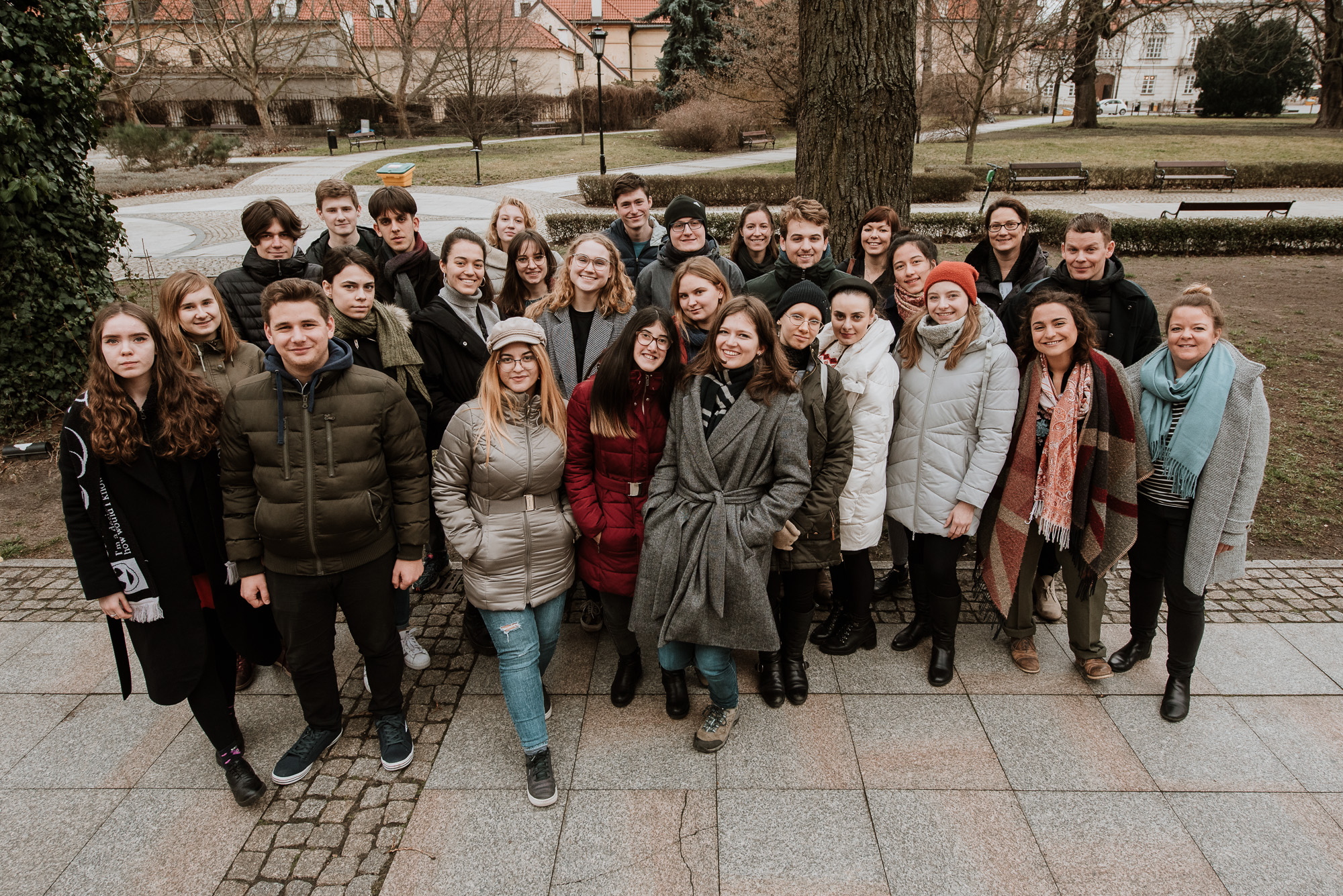
From 2 to 8 March 2020, the project participants and team members met at the History Meeting House in Warsaw for an intense week-long workshop. Right before the rapid spread of COVID-19 made international travel impossible, the group had the chance to get to know each other in person, to share their perspectives and to discuss controversial topics relating to the contemporary relevance of the Second World War. They presented the findings of their biographical research in first Instagram stories, gave each other feedback and worked on the concept of the digital museum. They also debated crucial topics like ›remembering and forgetting‹ and exchanged their ideas on the future of remembrance. The workshop included a visit of the Warsaw Rising Museum and a critical exploration of its exhibitions.
Impressions from Warsaw
Team
Katja Fausser
Programme Director EUSTORY, Körber-Stiftung
Malina Emmerink
Programme Manager EUSTORY, Körber-Stiftung
Marcus Bösch
Multimedia Journalist, Trainer and Facilitator
Merle Schmidt
Educator of History and Citizenship Education
Marta Kurek
Educator of History and Citizenship Education
We would like to thank the Franco-German Youth Office and IJAB – Partner for international youth work in Europe for spreading the information about the eCommemoration project in their networks!

